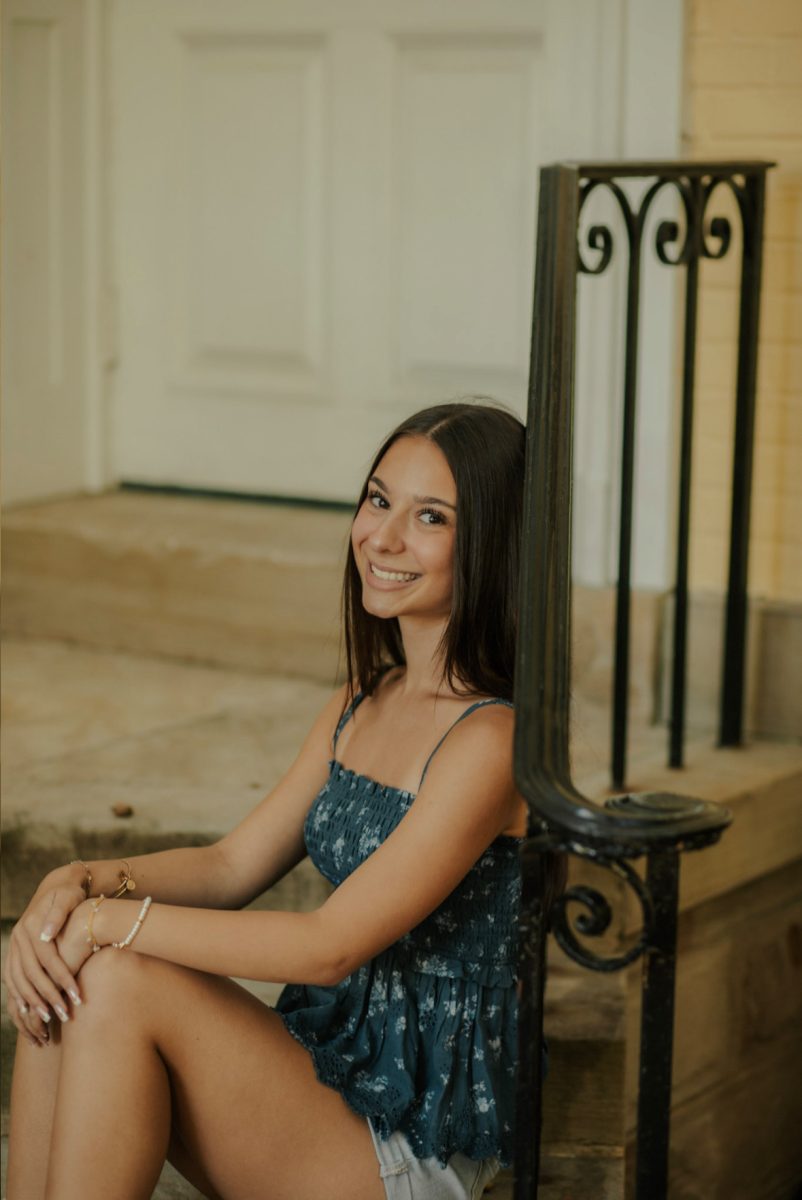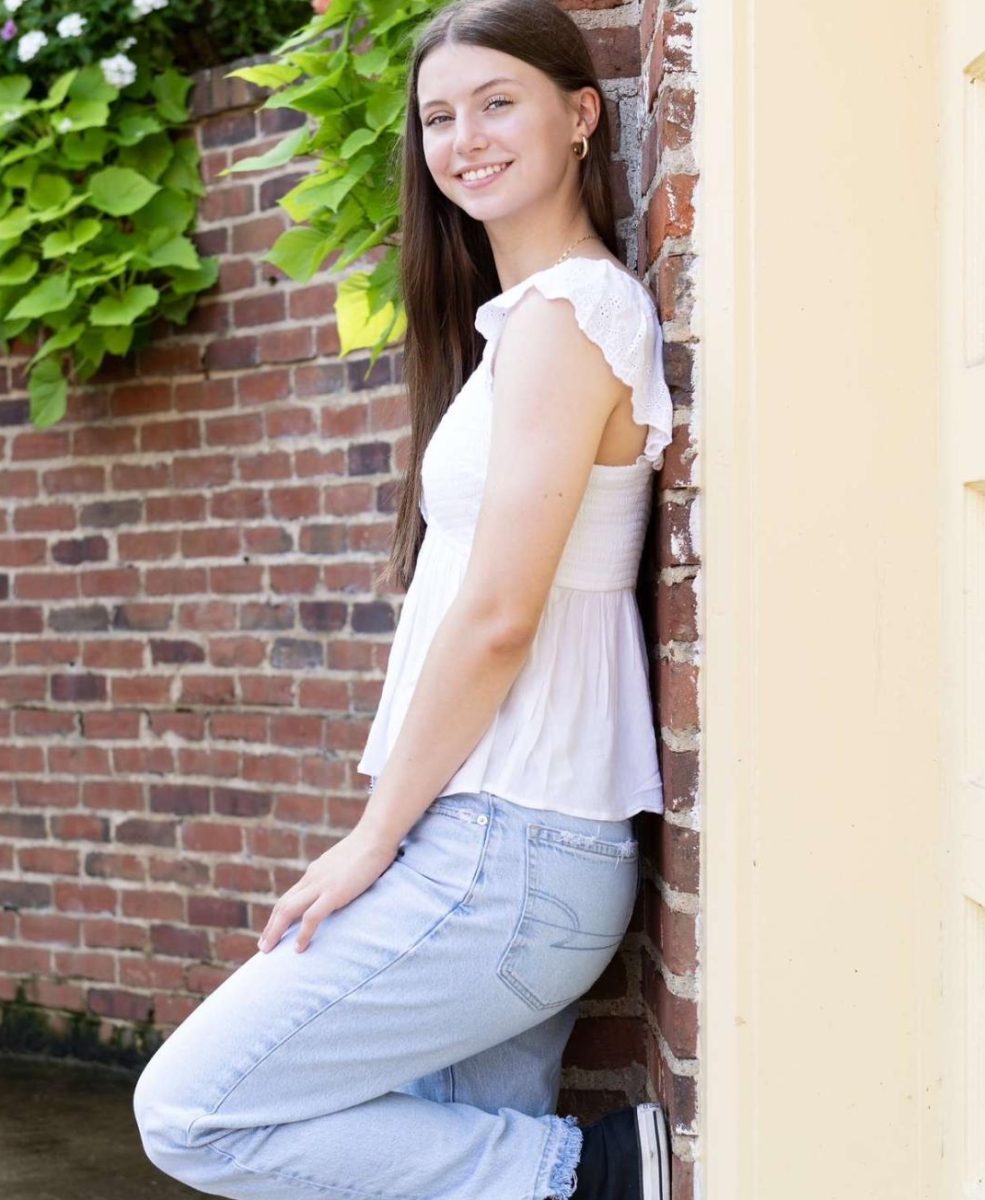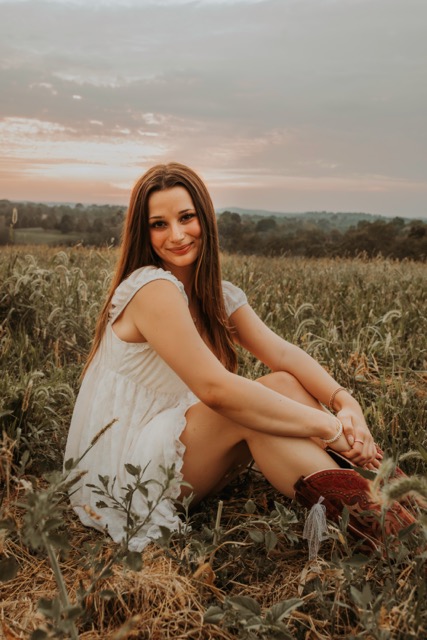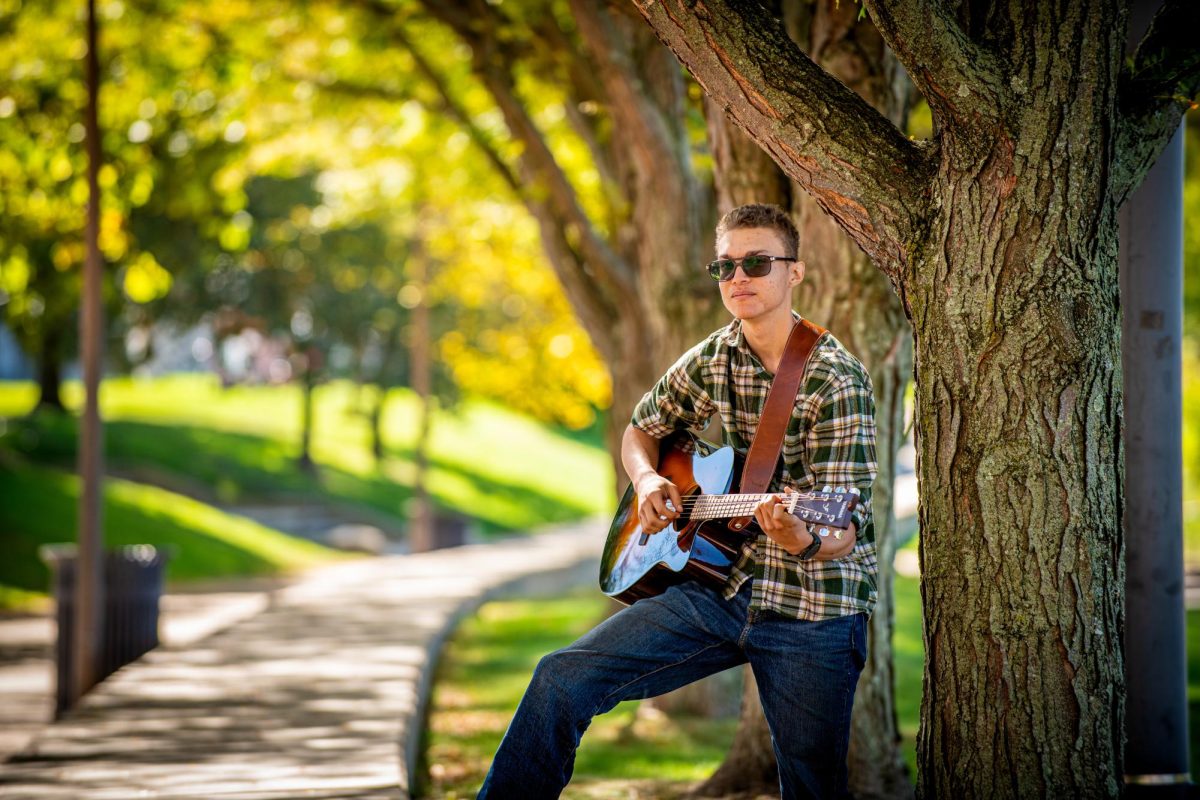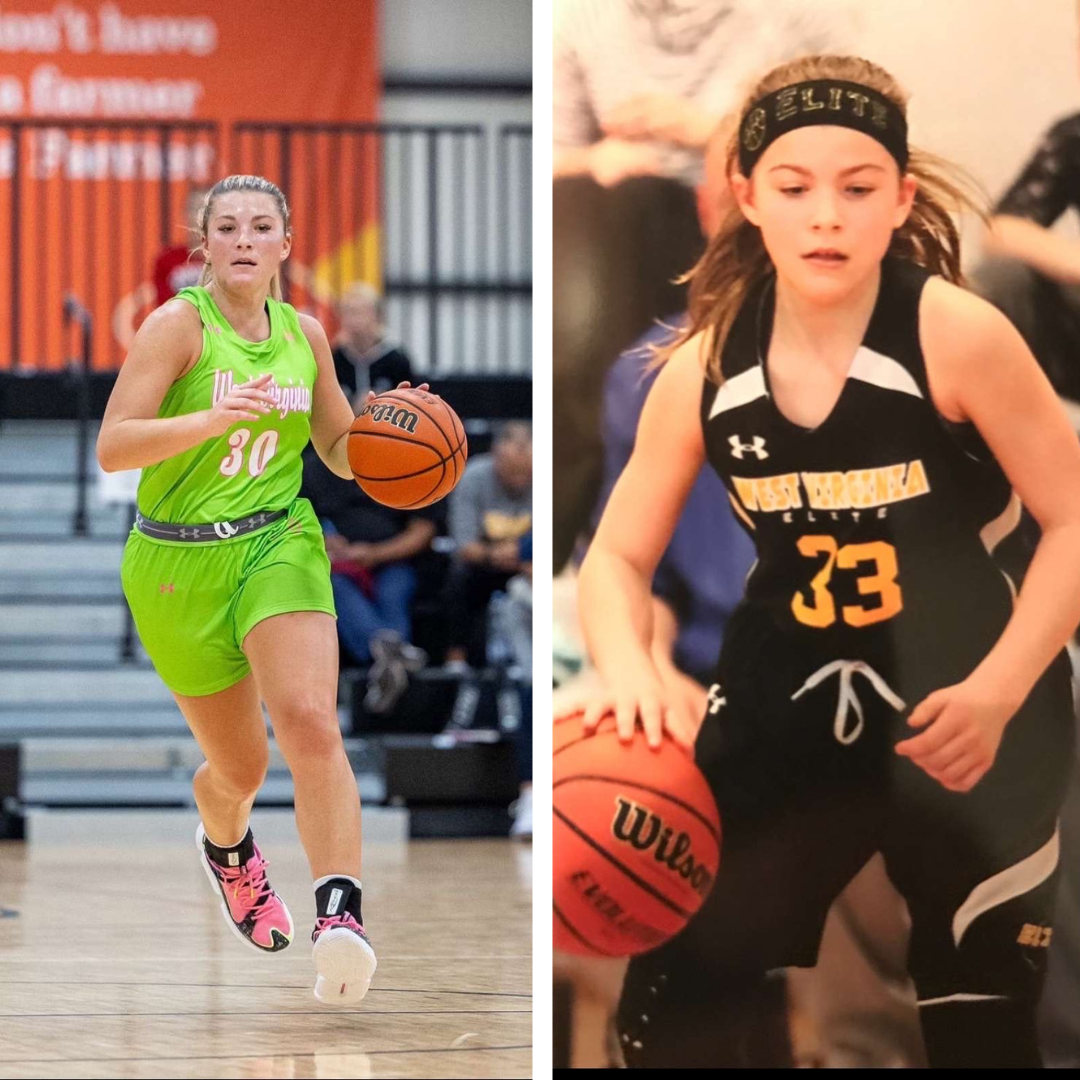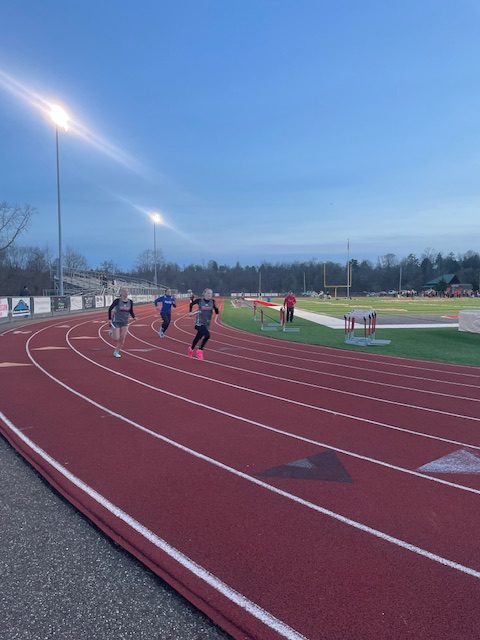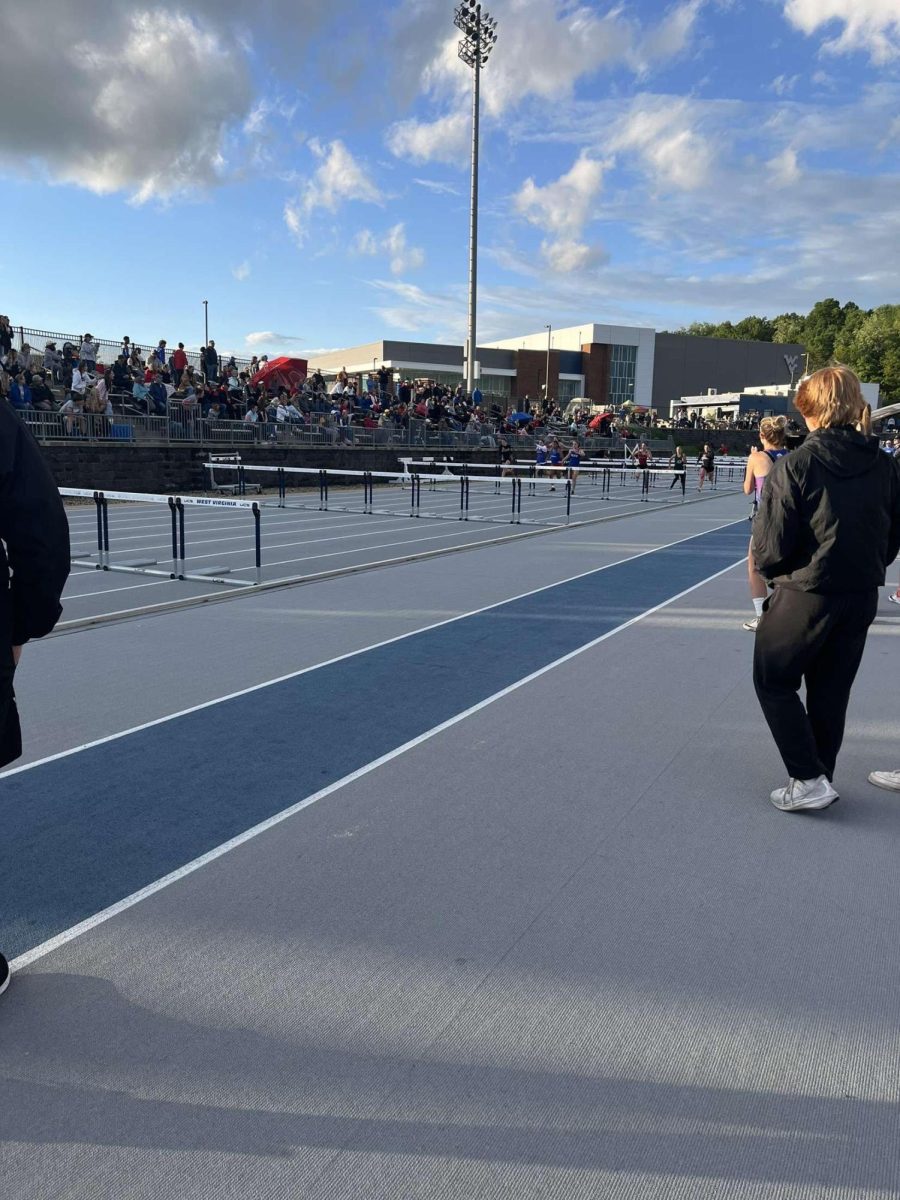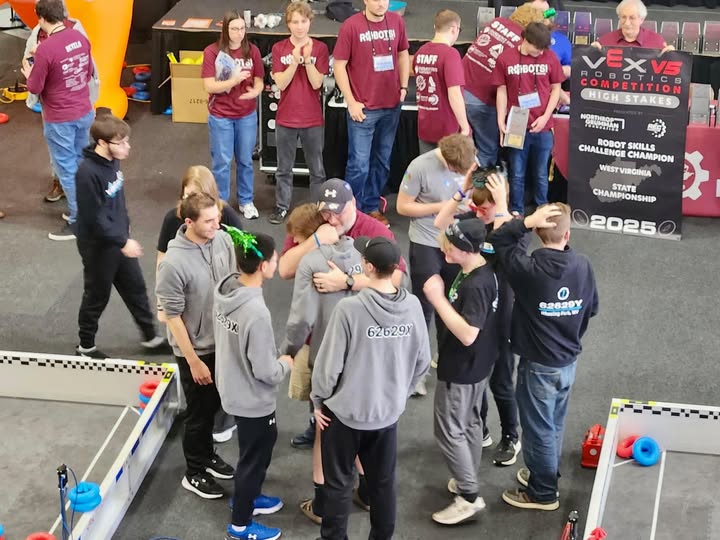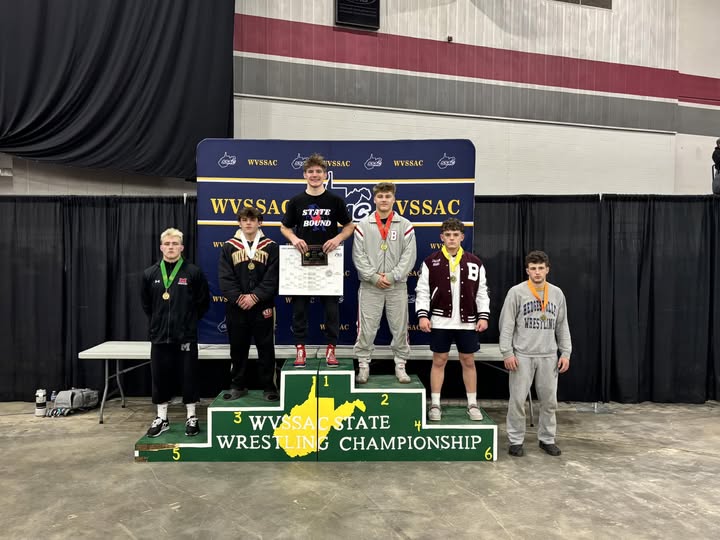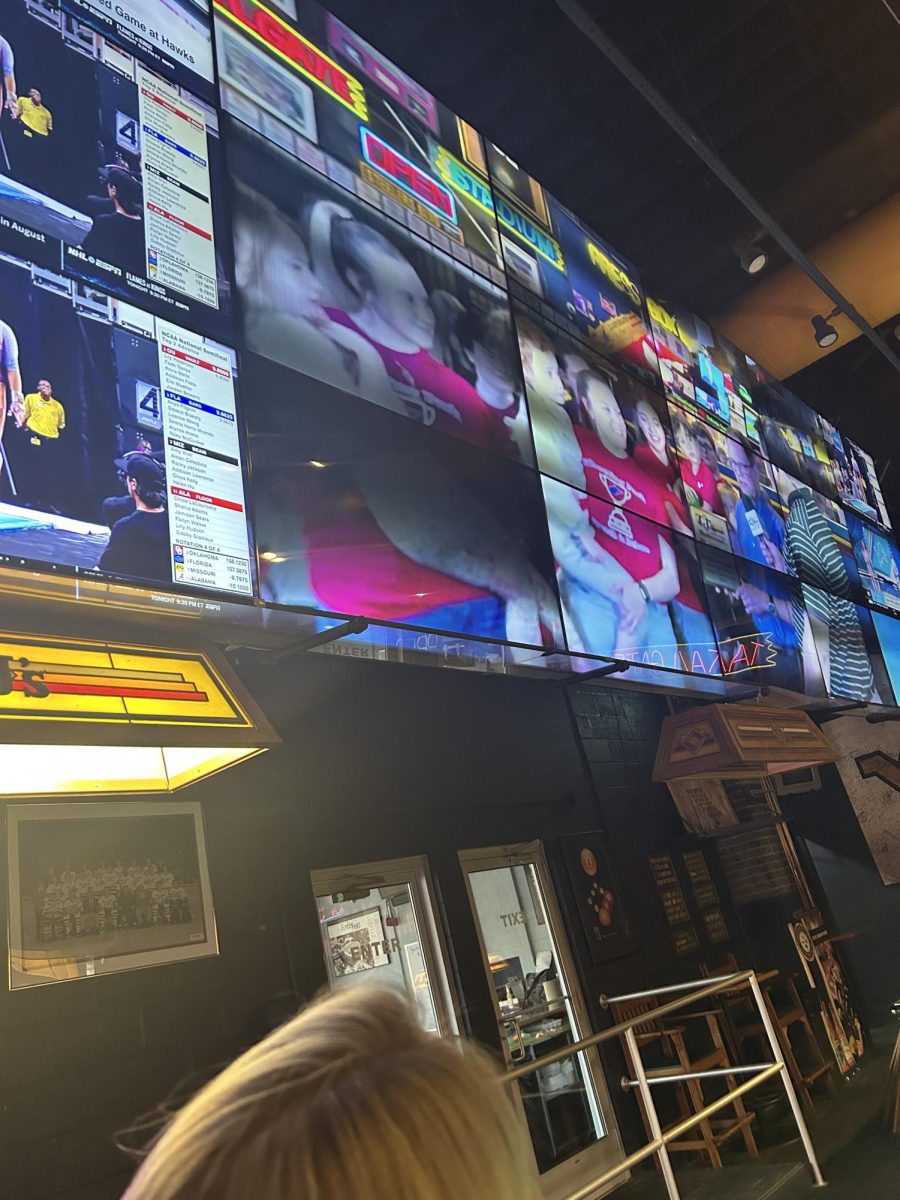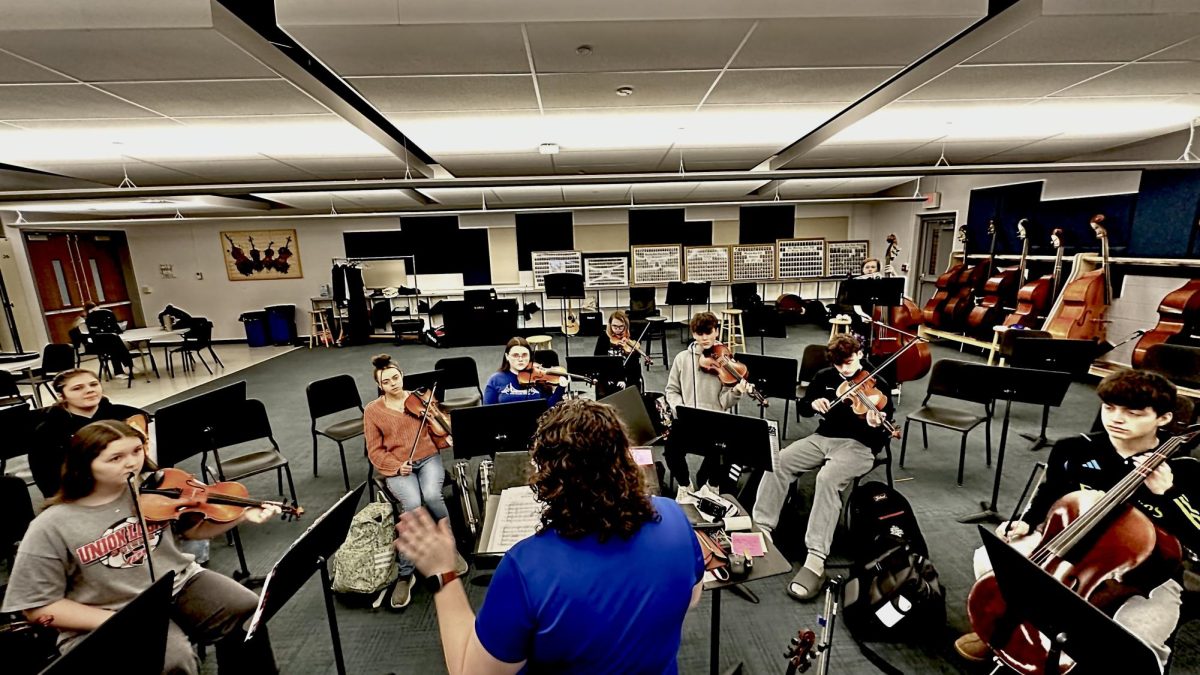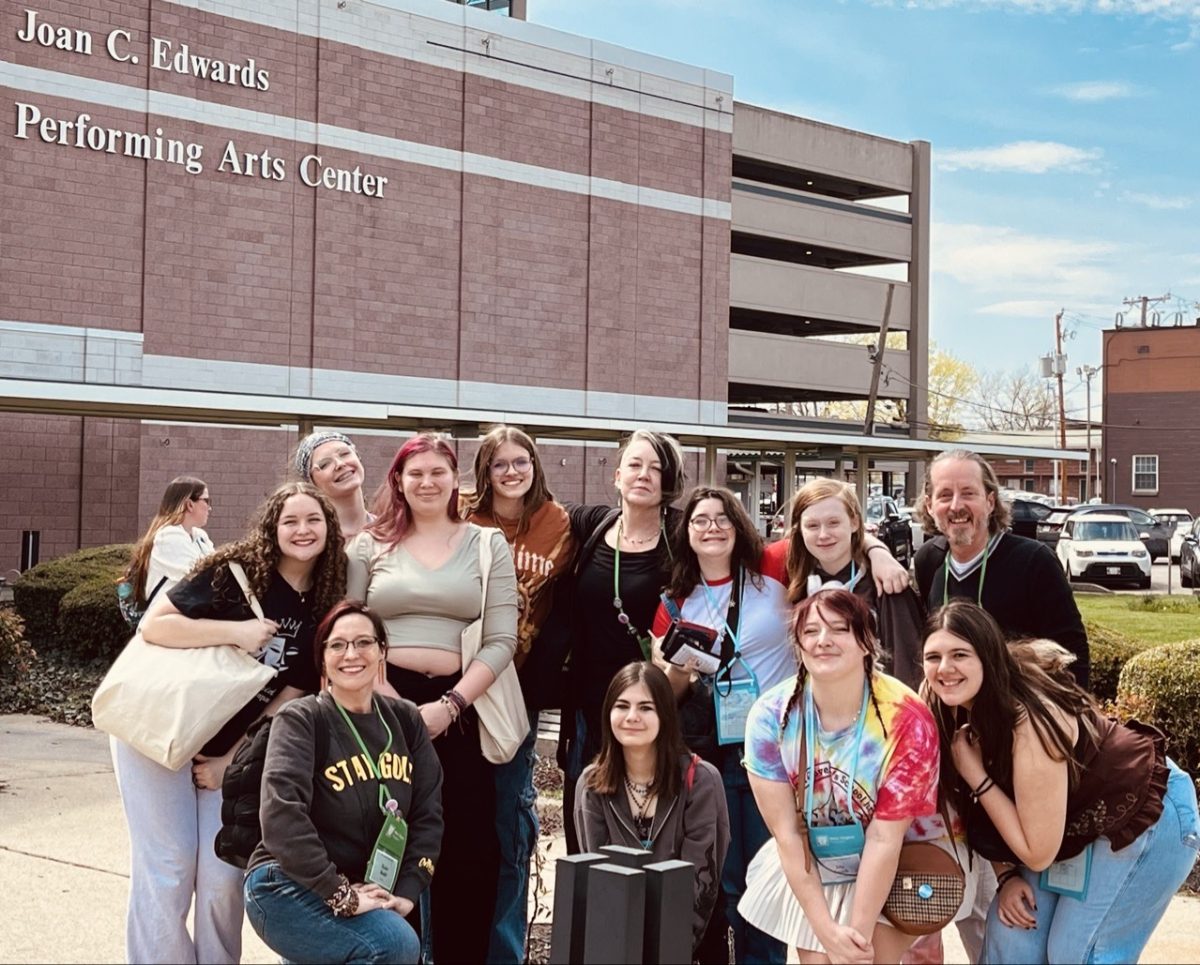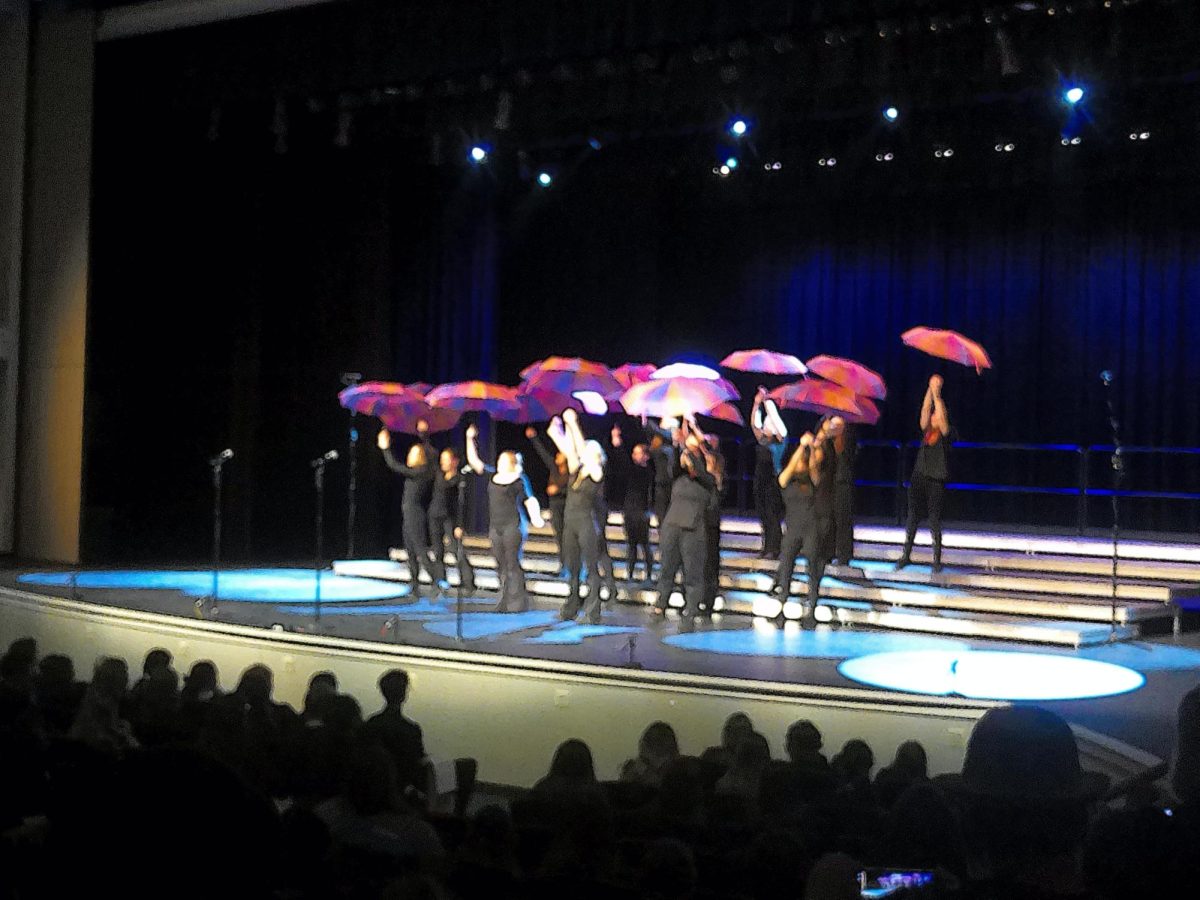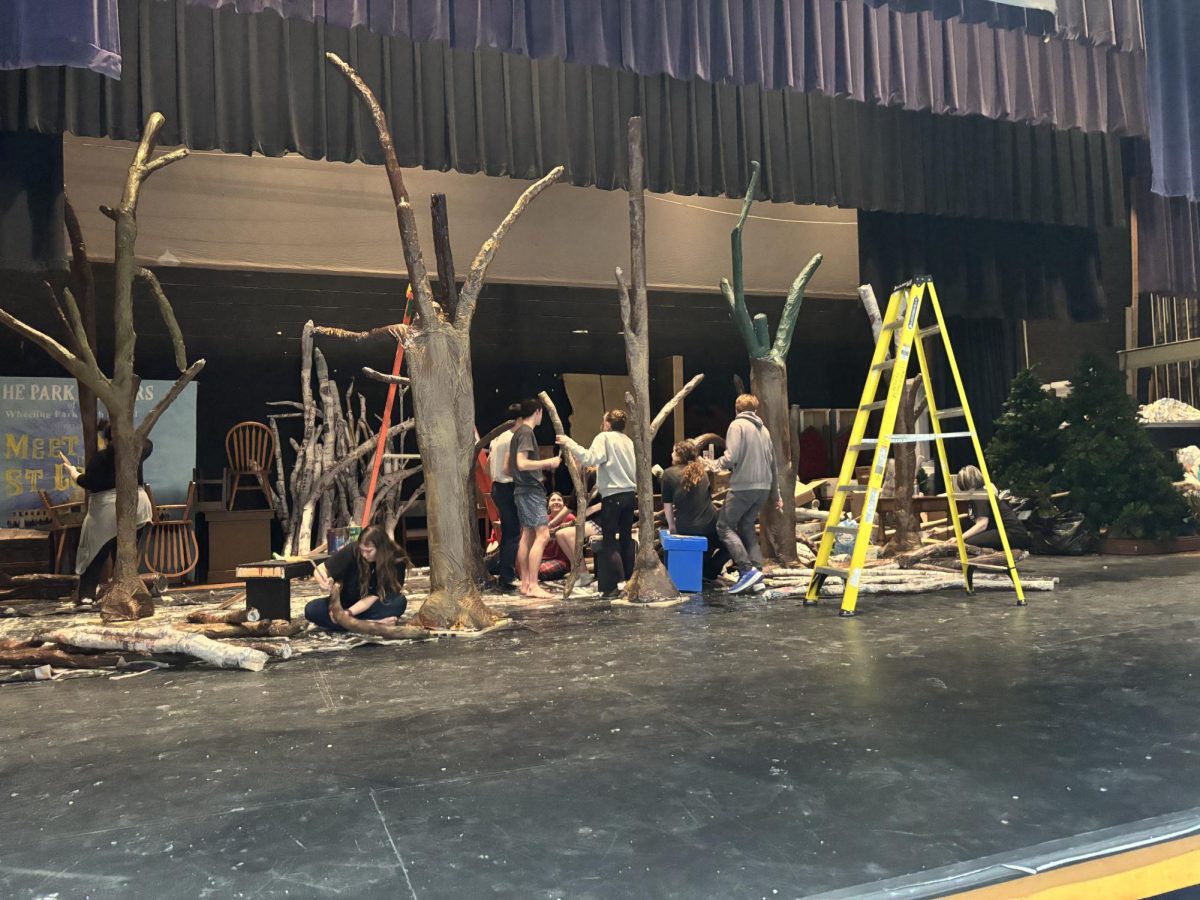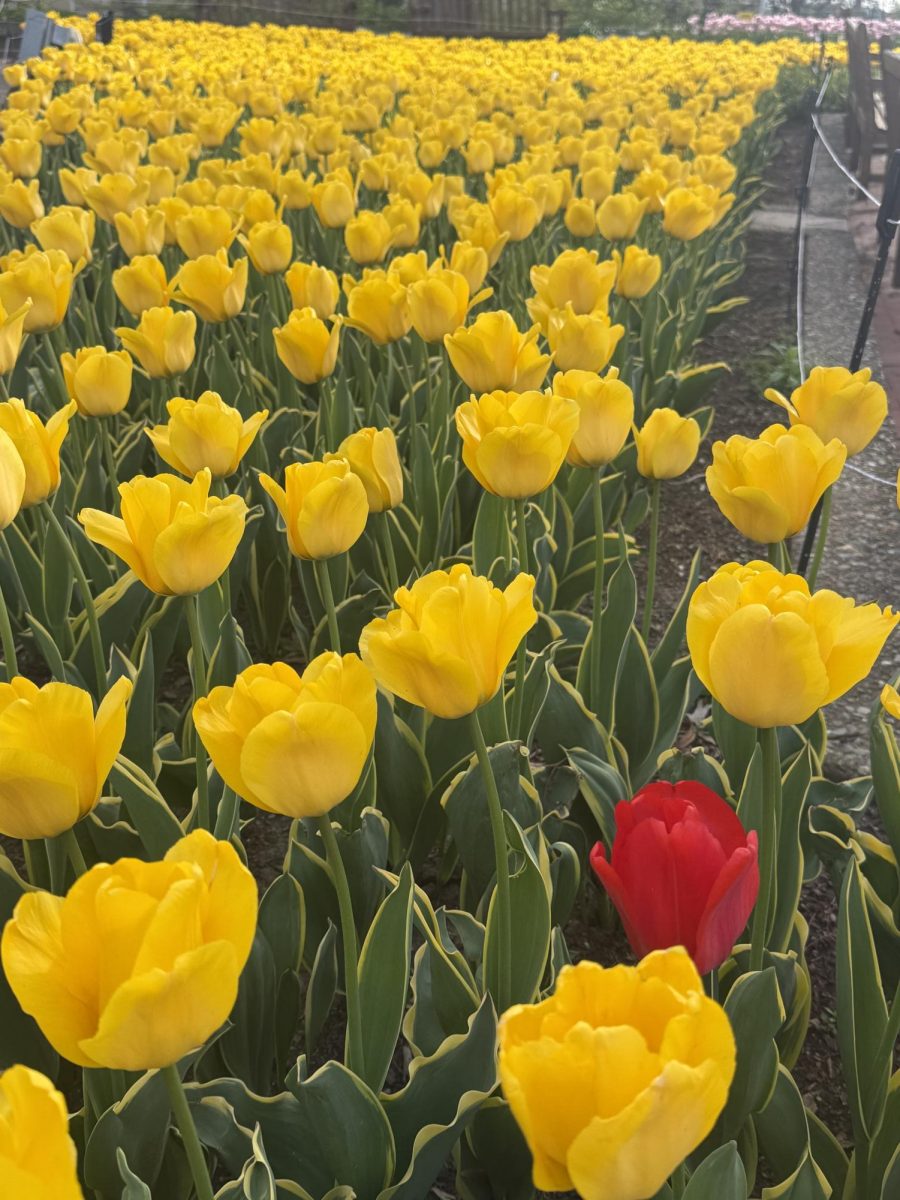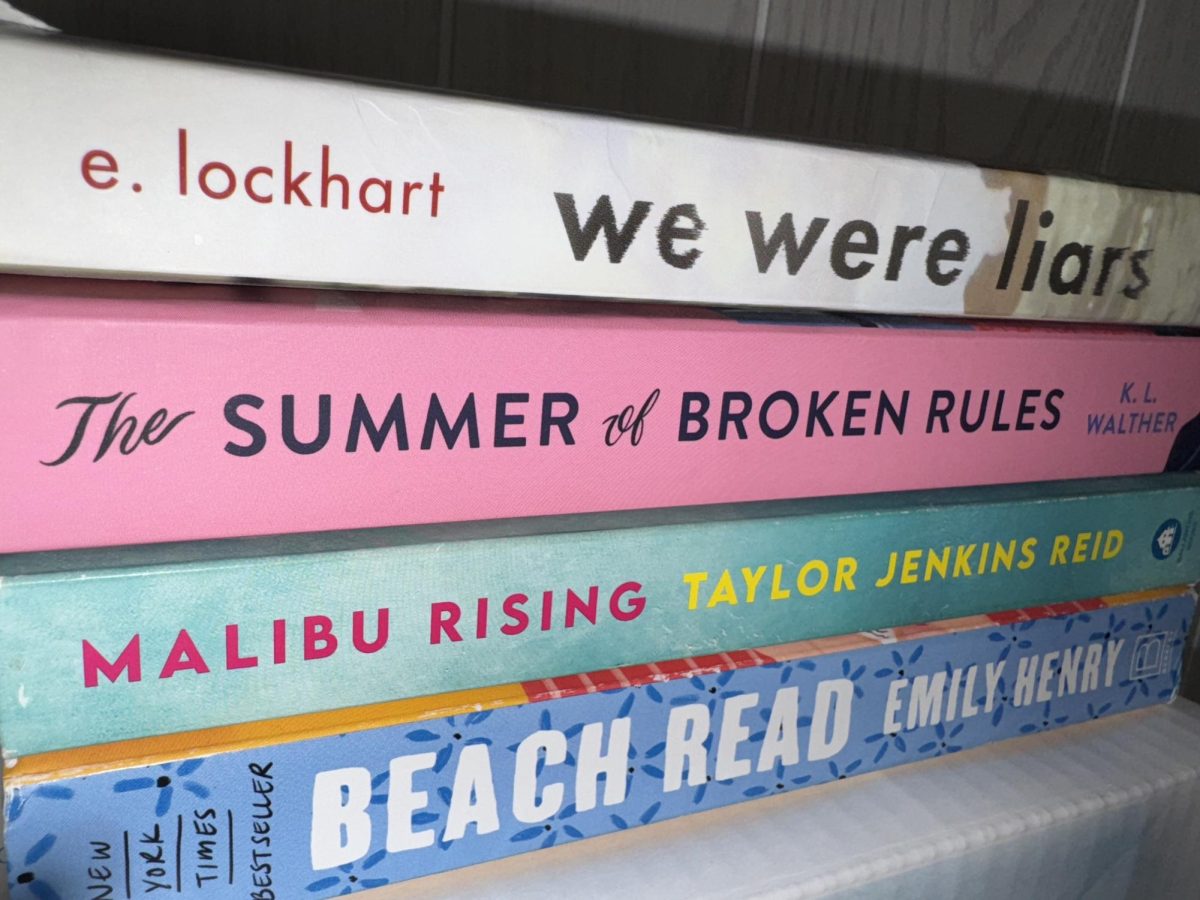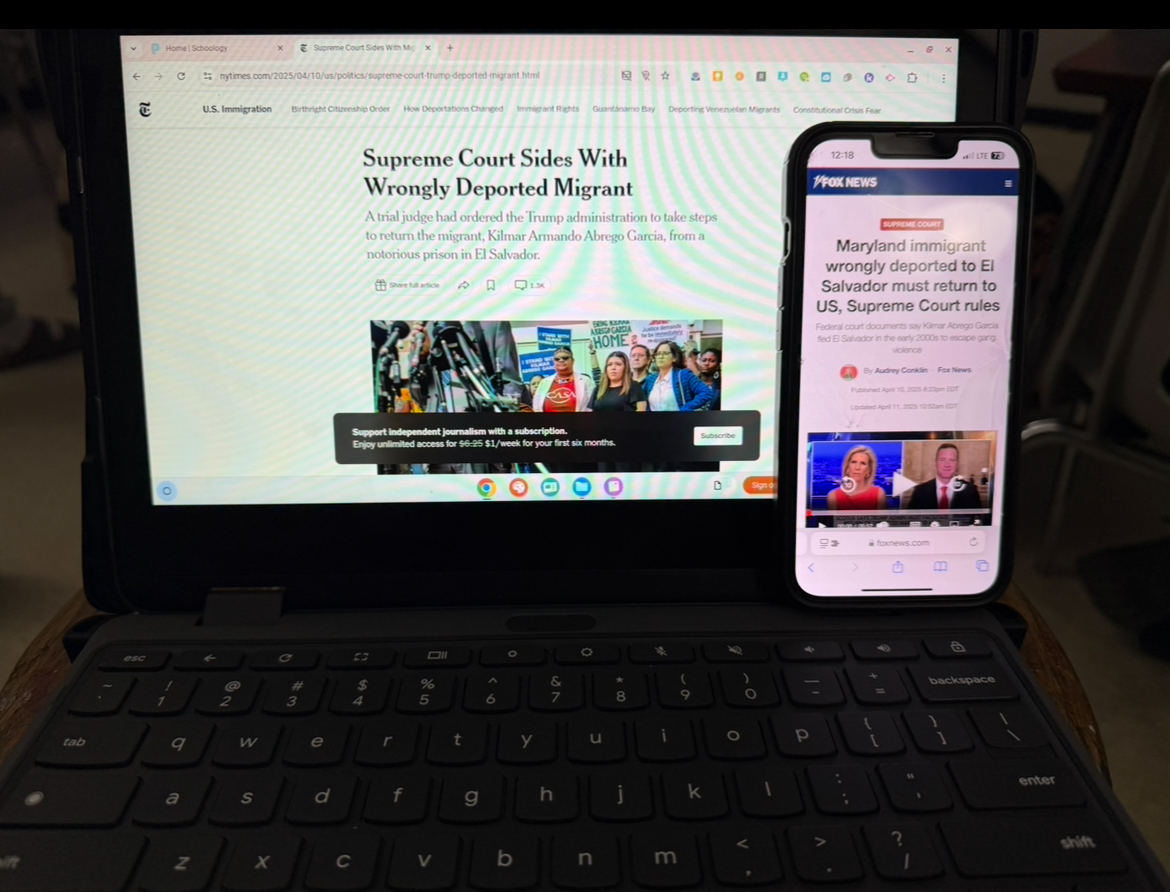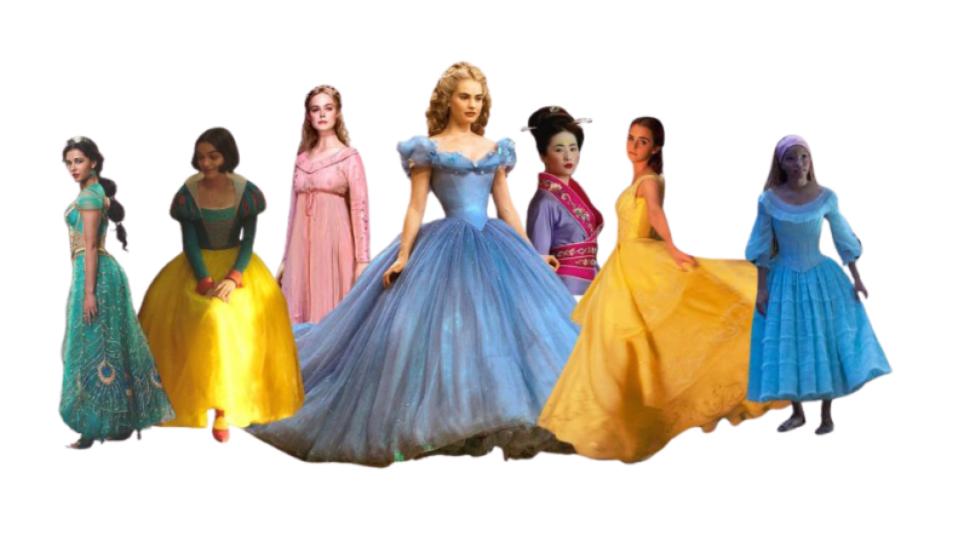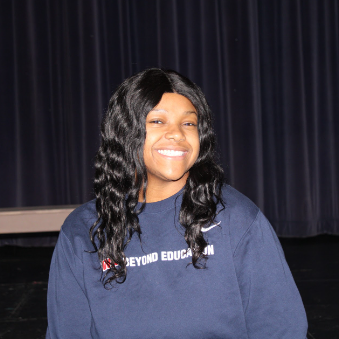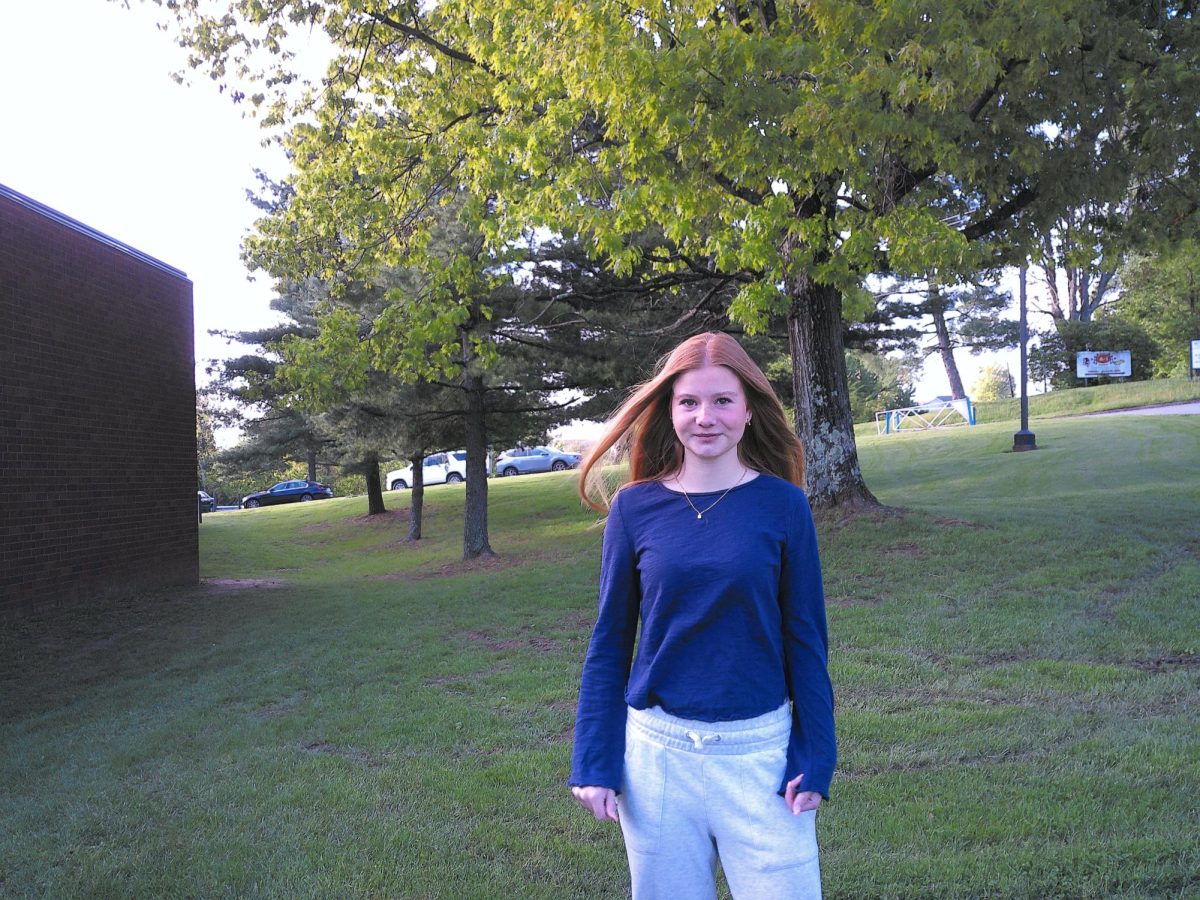A Never-Ending Pandemic
November 15, 2022
On March 13, 2020, I sat in my first-year science class. We all waited in anticipation for Gov. Justice to announce if he was genuinely going to cancel school. When he did, no one was prepared for the horrors that were to come. “I sat at home alone for so long that not doing anything became accustomed,” one senior says, “this is my first normal year of high school.”
We sat at home and watched our country become politically divided; we watched as officers sworn to serve and protect killed unarmed Black Americans; we were forced to watch as politicians chose money over saving our depleting environment. By the year’s end, we watched as 375,000 people died in the United States from a disease we knew nothing about. And when it was over, we were pushed back into normality without guidance and entirely new standards.
Two years of isolation, two years of uncertainty, and as soon as they said it was over, they just pushed us back into the world. There was no easing in; nobody was prepared to start life again. It was complicated to integrate back into society while also being expected to meet set expectations. I can’t speak for every student at Park, but the ones I have talked to all share the same theme. Here is what our students are saying:
“It was nice at first, like staying home and everything until it wasn’t. We were away from school for so long that it became an afterthought.” Afterthought is the perfect way to describe the feelings of that time. With our entire country crumbling before our eyes, school seemed small compared to everything else. However, 2020 was a year of change. We had a political and racial divide. We watched “Being at home and having more screen time helped me educate myself.”
Anonymous, Senior
“It really messed with me when Covid hit. It was really stressful because we were given a lot of responsibility, and they just pushed it on us.”
The feeling of having a new set of responsibilities, and expectations, confused and overwhelmed almost everyone. Now think about that from the perspective of a 6th grader. Not only did the pandemic affect their academic growth, but it also affected their social development.
“It made me not be able to talk to a lot of people I knew, and well, I didn’t really have that many friend’s phone numbers, so that left me with just my sister and brother.”
Amy Yahn, First year
Who better to give insight than our teachers? They’re the ones behind the scenes. They grade the papers they watch students socialize, so when asked if they had seen a difference, this was one teacher’s response:
“This year, in particular, first years don’t have strong social skills. Their learning is stunted.”
Anonymous, Teacher
The first step should be recognizing that it takes time to “be normal” again. That experience, traumatic for so many of us, doesn’t erase because we’re back in classrooms. It piles onto everything else. If we want to get back to normality, to live everyday life, then we need to be patient with one another.

